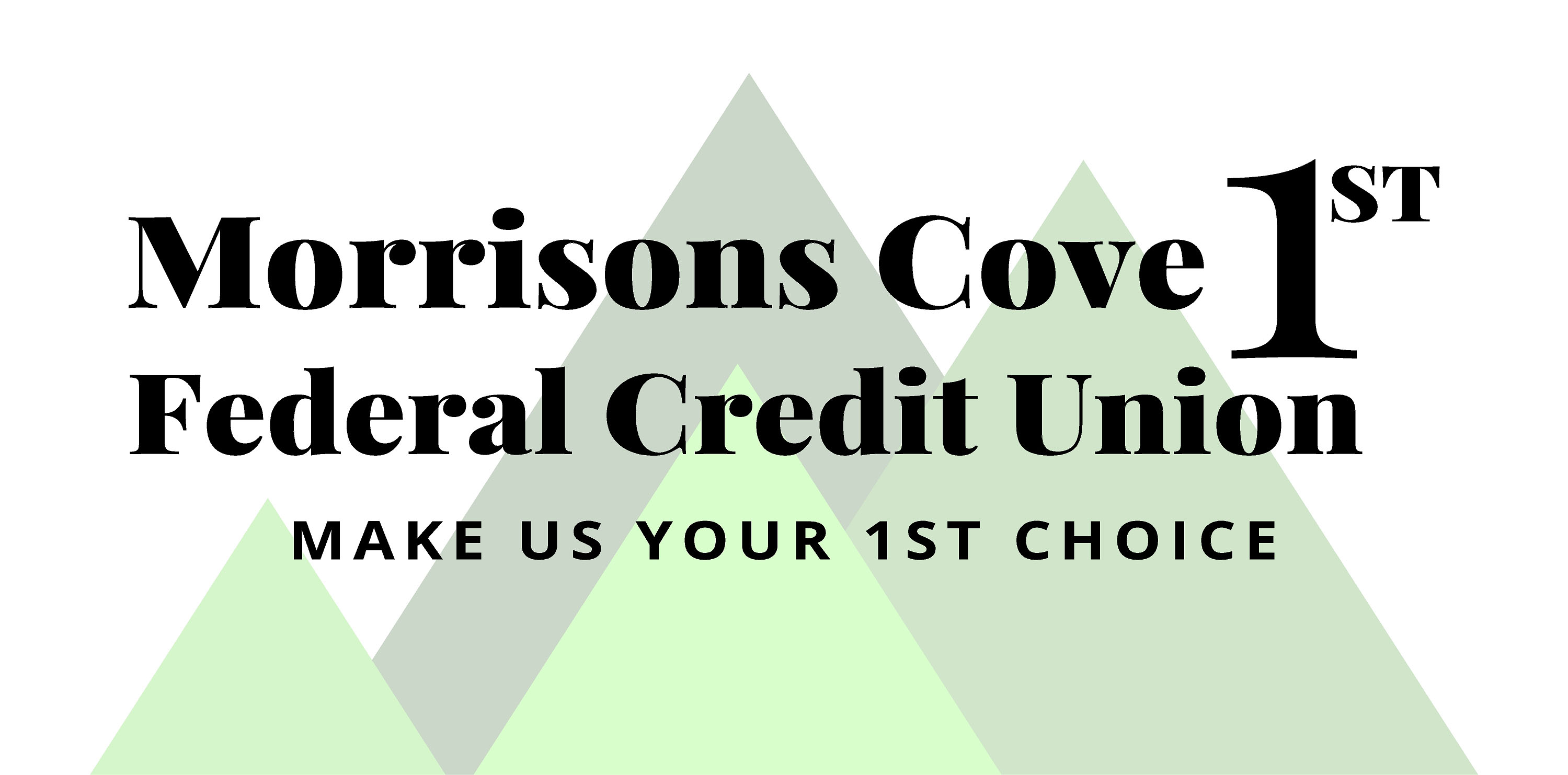Don't Be a Victim! Be Aware of Cyber Threats!
Cyber threats seem to be everywhere these days, especially since more and more of our everyday tasks, from banking to paying bills to shopping, are being conducted over the internet. To help keep our members safe, here are a few tips to help you be Cyber-Savvy.
- Don’t reuse passwords or use similar passwords with minimal changes. Passwords should be unique and difficult to guess.
- Don’t use easily-researched information, such as birthdays or pet names, as passwords. Consider using a password manager, which can generate random passwords and securely store them for you so you don’t have to remember them.
- Don’t use the “Save Password” feature in your internet browser – these are notoriously insecure!
- Don’t access anything personal or financial on a public Wi-Fi network, since these are often unsecured and any information transmitted over them can be intercepted.
- Be sure to install updates to the operating system on your computer and devices promptly. They often contain critical security patches.
- Use anti-malware and antivirus software on your devices and be sure to keep it up-to-date.
- Make sure your internet browser (ie. Edge, Chrome, Firefox, etc.) is updated to the most current version. This can usually be verified by clicking "Help," then "About."
- Monitor your financial accounts, either online or using your paper statement, regularly to check for unauthorized transactions.
- If you suspect an unauthorized transaction from your bank account, or if you lose your debit card, please contact the Credit Union right away. There are specific steps we must take to investigate the issue and prevent further losses to your account.
- Check your credit report often. Before the pandemic, consumers were entitled to a free credit report annually; now however, the three major credit reporting agencies have permanently extended a program that lets you check your credit report at each of the agencies once a week for free. Mistakes on your credit report can hurt your credit score; catching them early is important, particularly because they can be a sign of identity theft. Go to www.annualcreditreport.com to request your free credit report. If you think your identity has been stolen, report it at IdentityTheft.gov.
- Be alert for “phishing” emails, “smishing” text messages, and "vishing” phone calls, which are criminally fraudulent processes used by scammers to trick you into supplying personal information or logon credentials. Visit www.phishing.org for more information on how to identify and avoid these potential pitfalls.
- Be aware of the ever-evolving list of potential scams and types of fraud. The Consumer Financial Protection Bureau website has good information on this topic.
- If you need to call the Credit Union to request information about your account or to request transactions on your account, be prepared with your identification phone code, so that we are able to verify your identity.
- As a general rule, don't supply any personal or financial information online or over the phone unless you initiated the contact.
- When in doubt - DON'T CLICK THAT LINK! Do a little research to verify the veracity of an email or text message before clicking on a link that is sent to you, particularly if you weren't expecting it.
- Remember - Morrisons Cove 1st will never call or email you and ask for your username and/or password. If you get a call or email from someone claiming to be employed by us and asking for confidential information, please let us know immediately. Call the Credit Union at (814)224-2744, or email us at info@mcove1stfcu.com.
The contents of this page are informational in nature and should not be construed as legal advice.

